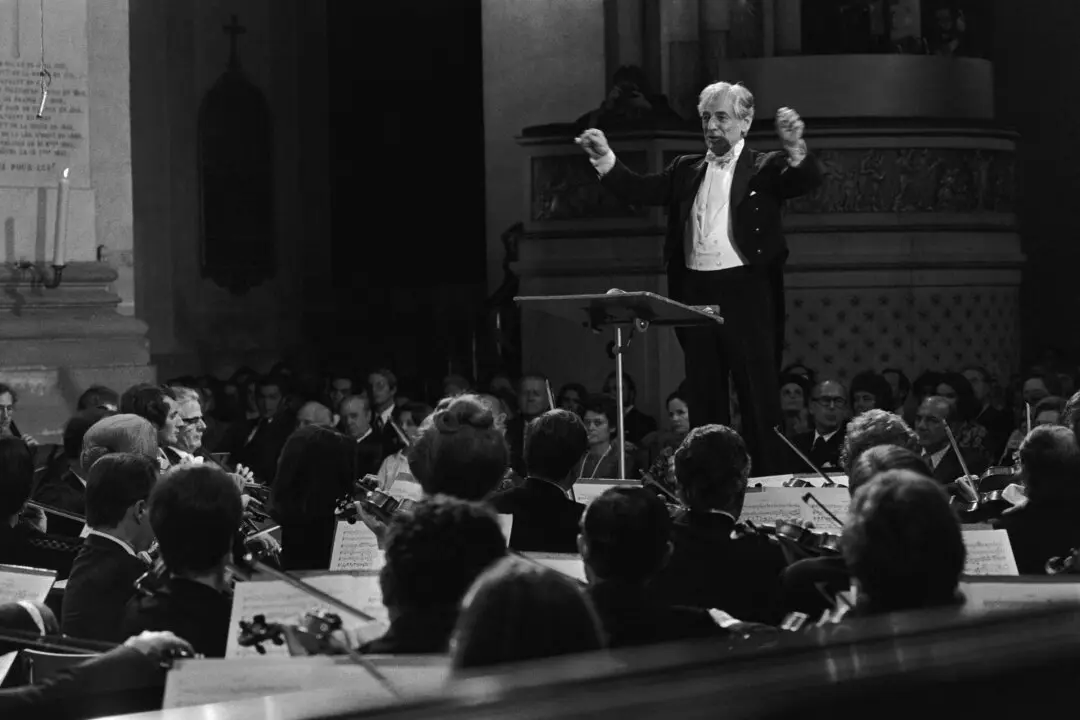Born in Philadelphia in 1737, American Founding Father Francis Hopkinson contributed heavily to the cultural and judicial landscape of the early colonies. With a background in law, he served on the Second Continental Congress in the late 1700s. After signing the Declaration of Independence in 1776 alongside fellow patriots like Thomas Jefferson and Benjamin Franklin, he became Pennsylvania’s first federal judge for the Eastern District Court. An outspoken advocate of America’s independence by way of his judicial powers, he also used his love of music to champion his young country’s timeless principles and ideals of freedom and hope.
Perhaps Hopkinson’s most important contribution to the States can be found in his once little-known 1759 composition, “My Days Have Been So Wondrous Free.” Though it wasn’t one of his popular songs when it was first published in 1788, the graceful, uplifting tune is now remembered due to its powerful legacy. It is considered to be the first secular song written by a native-born American.





